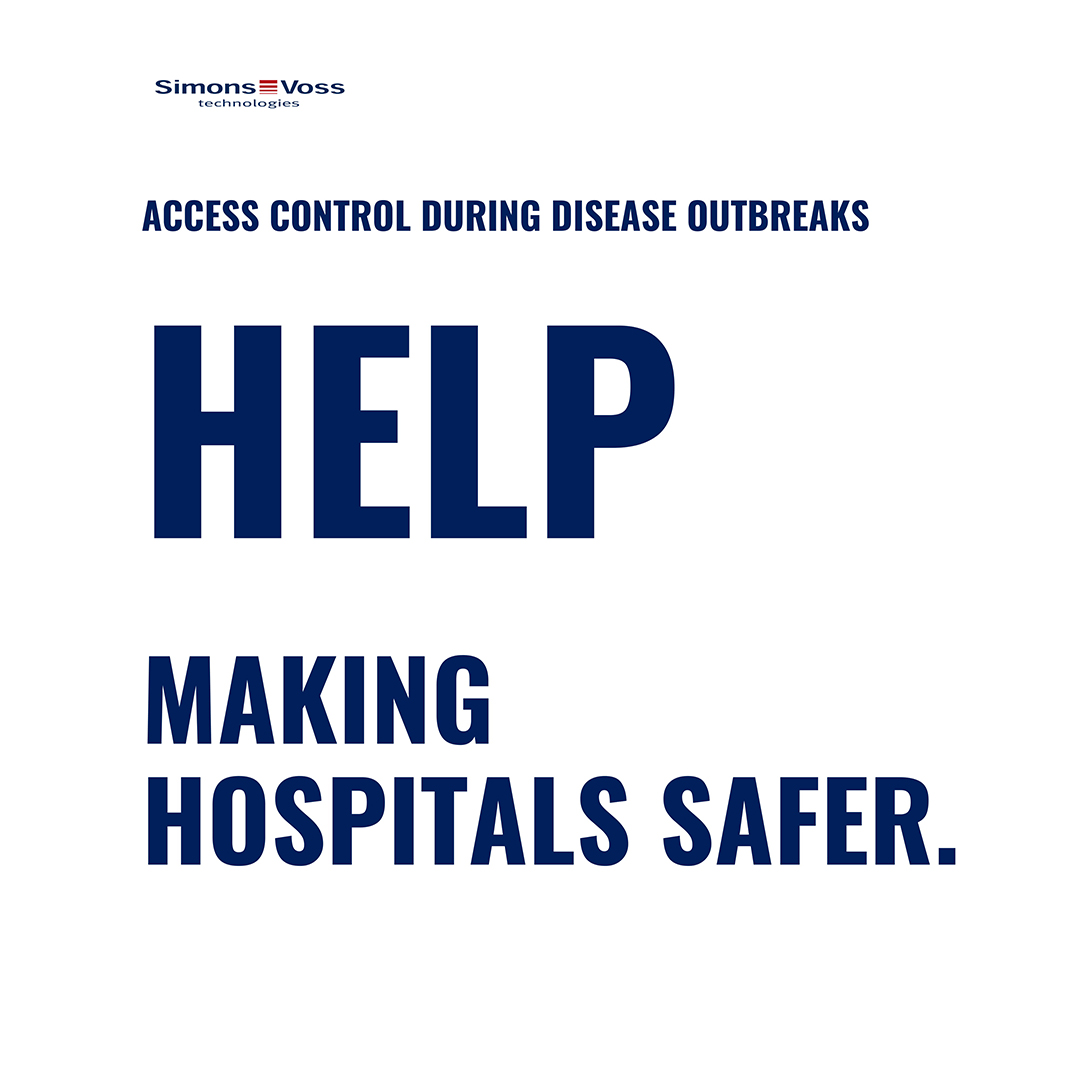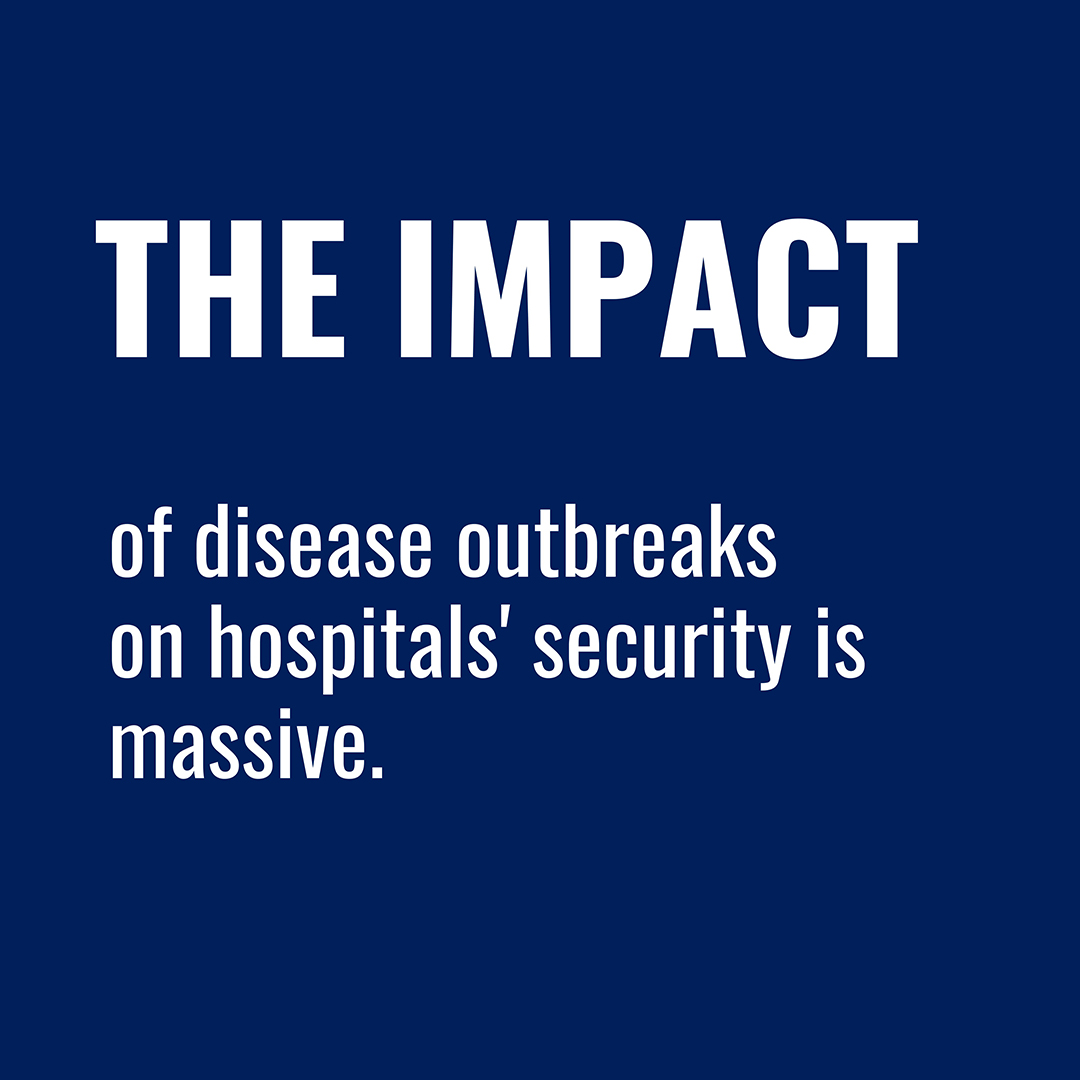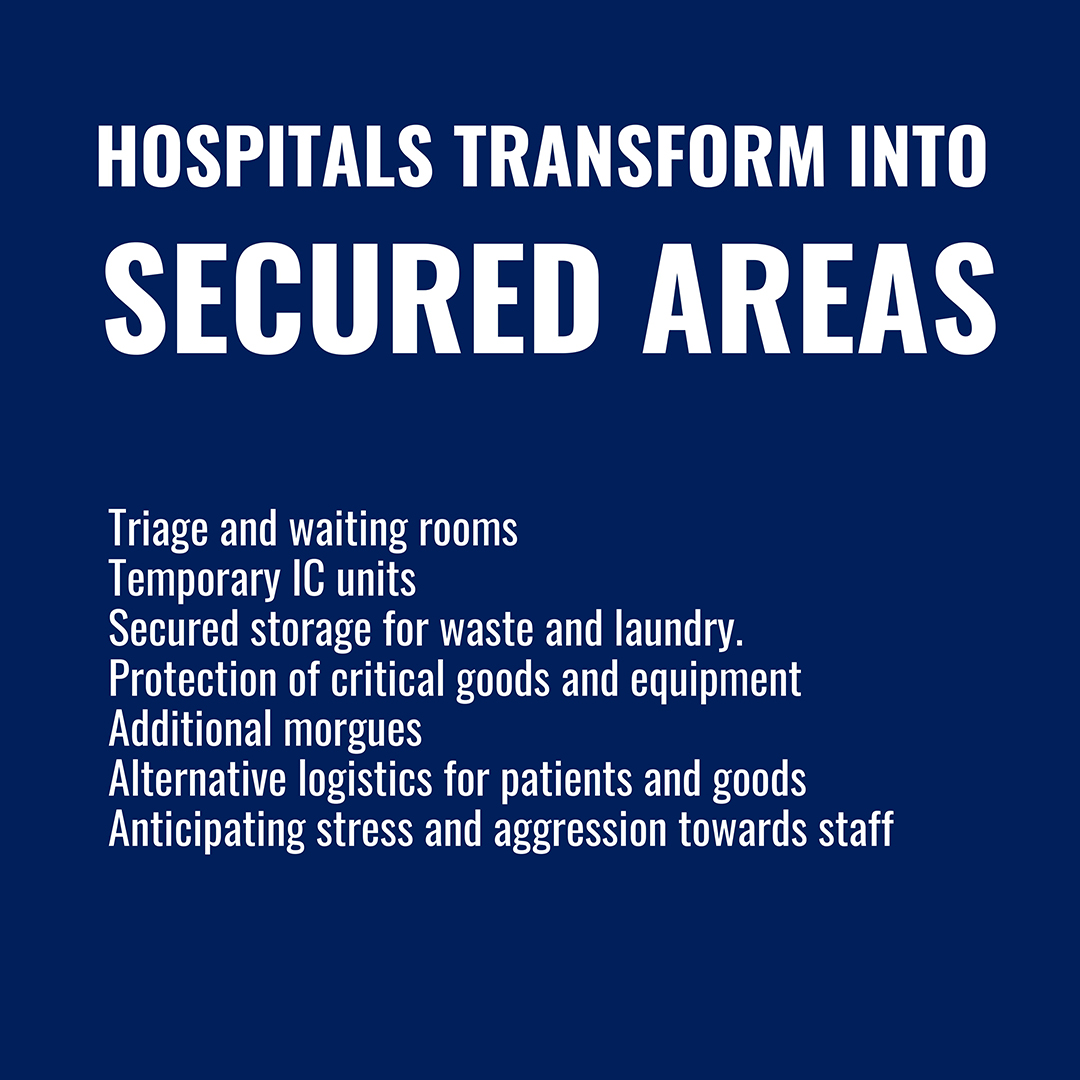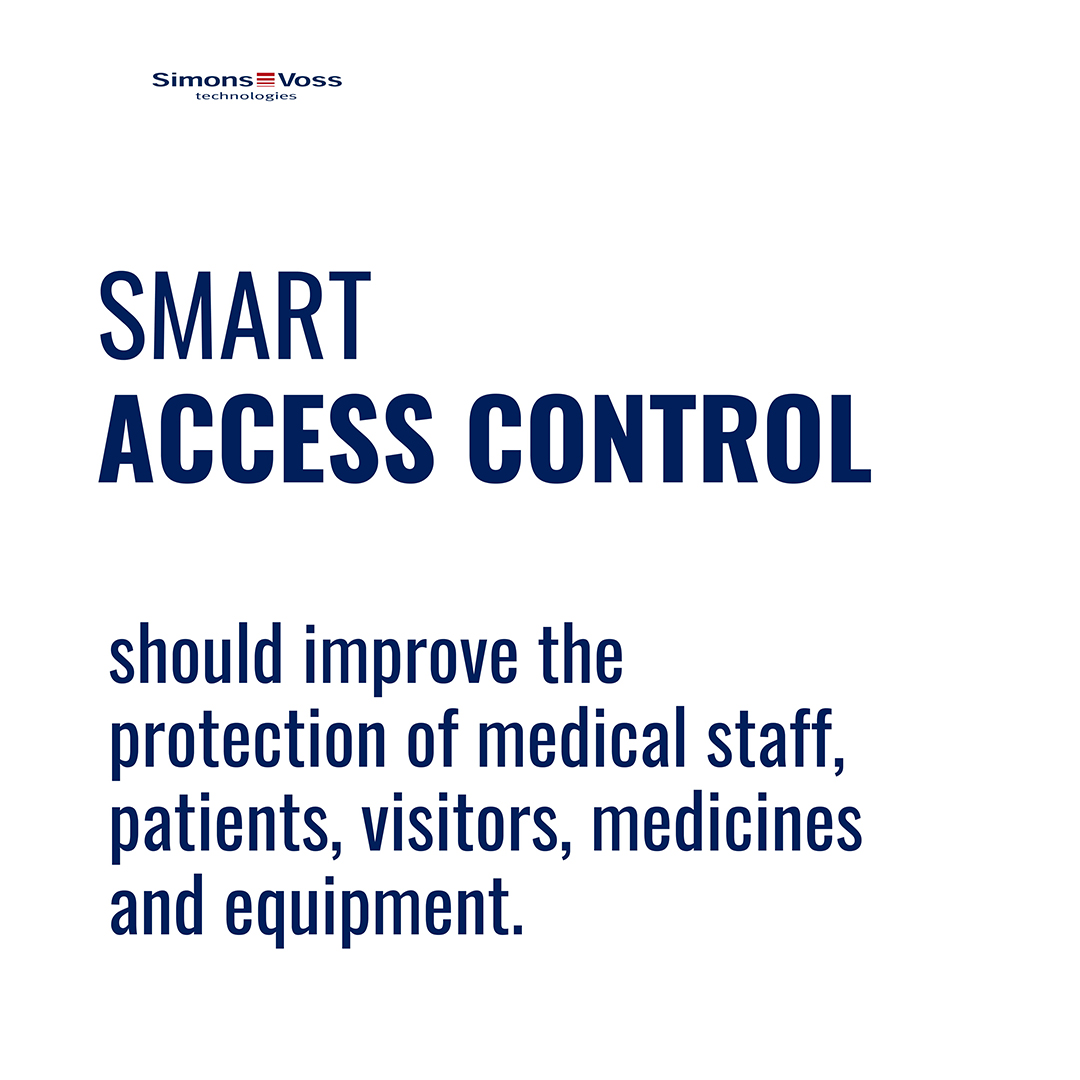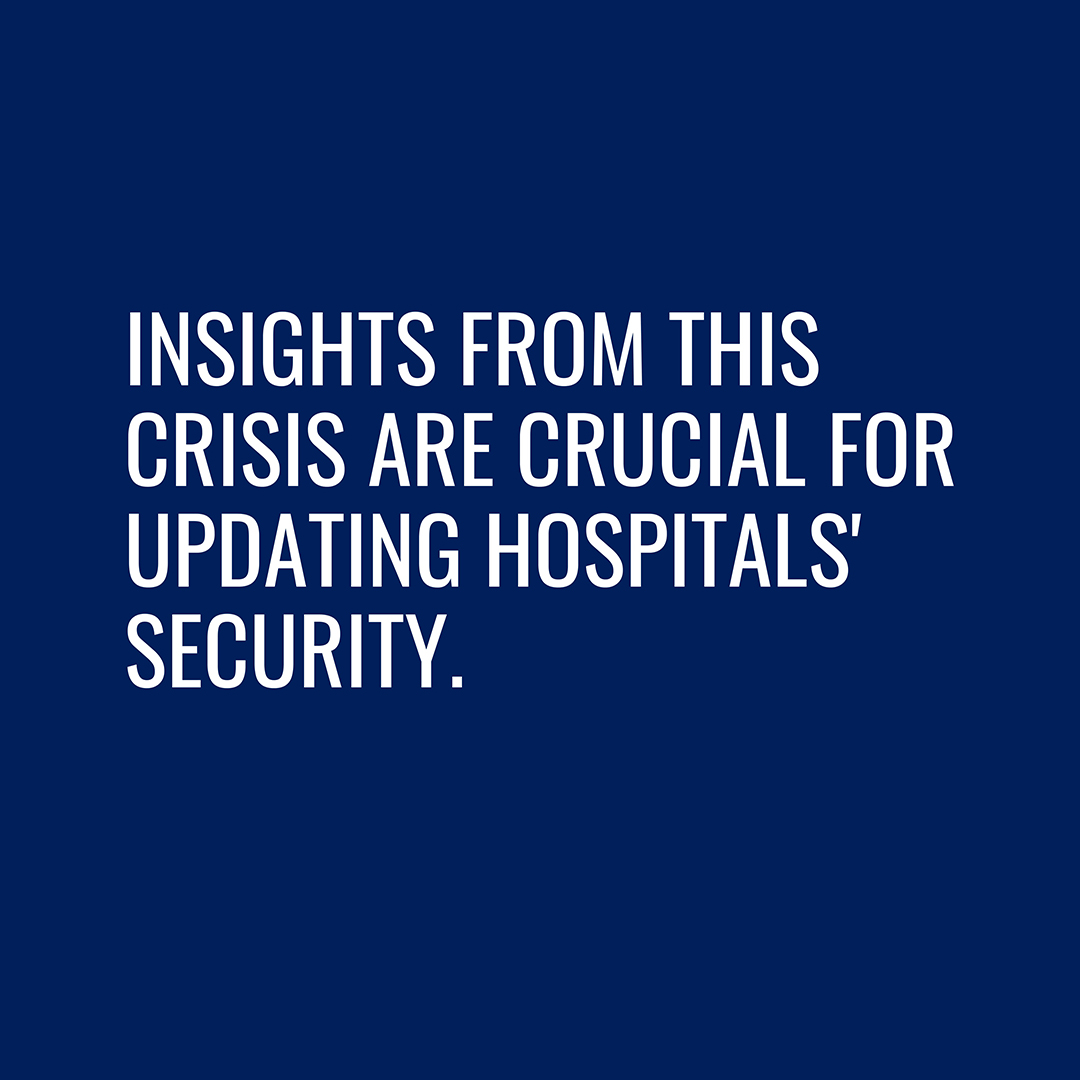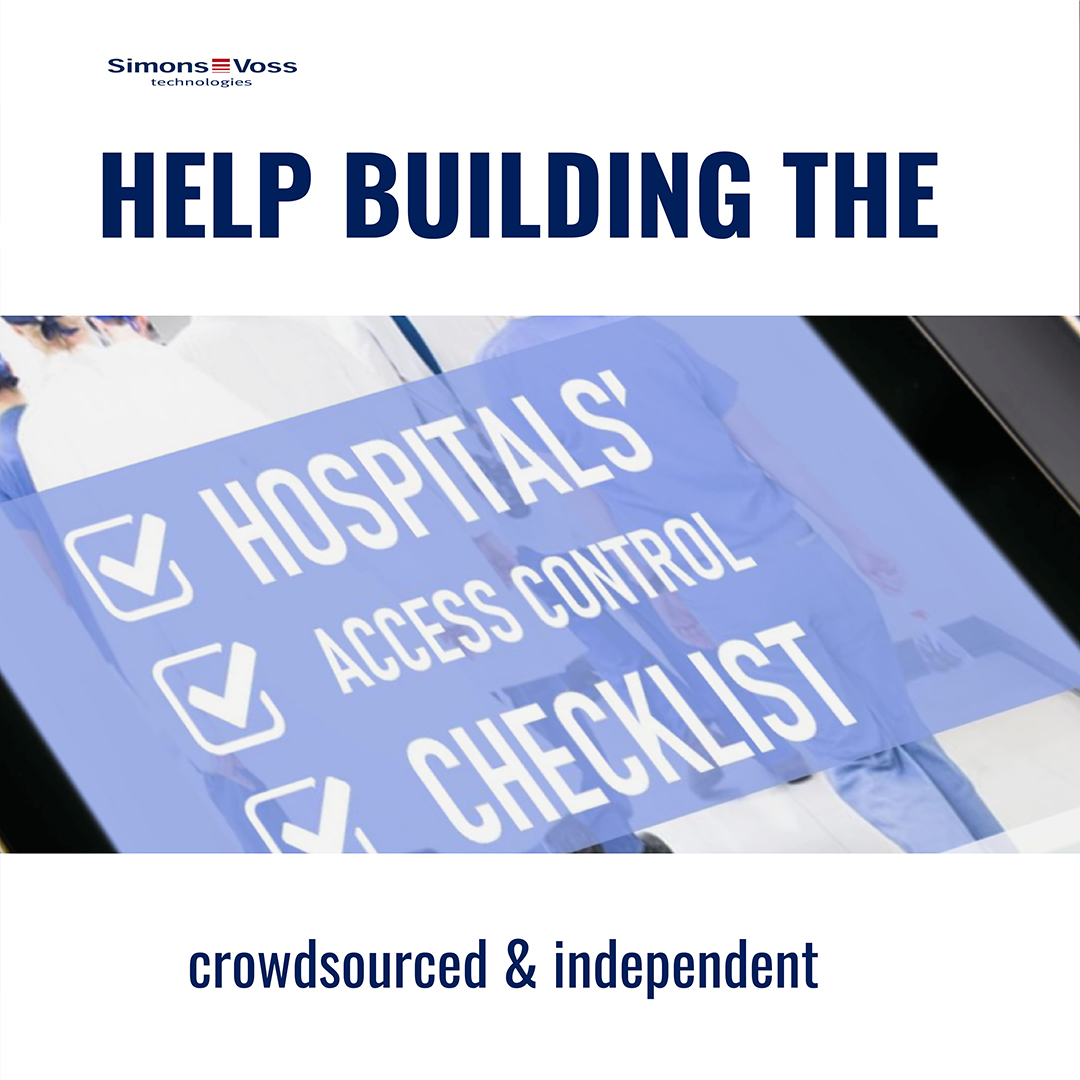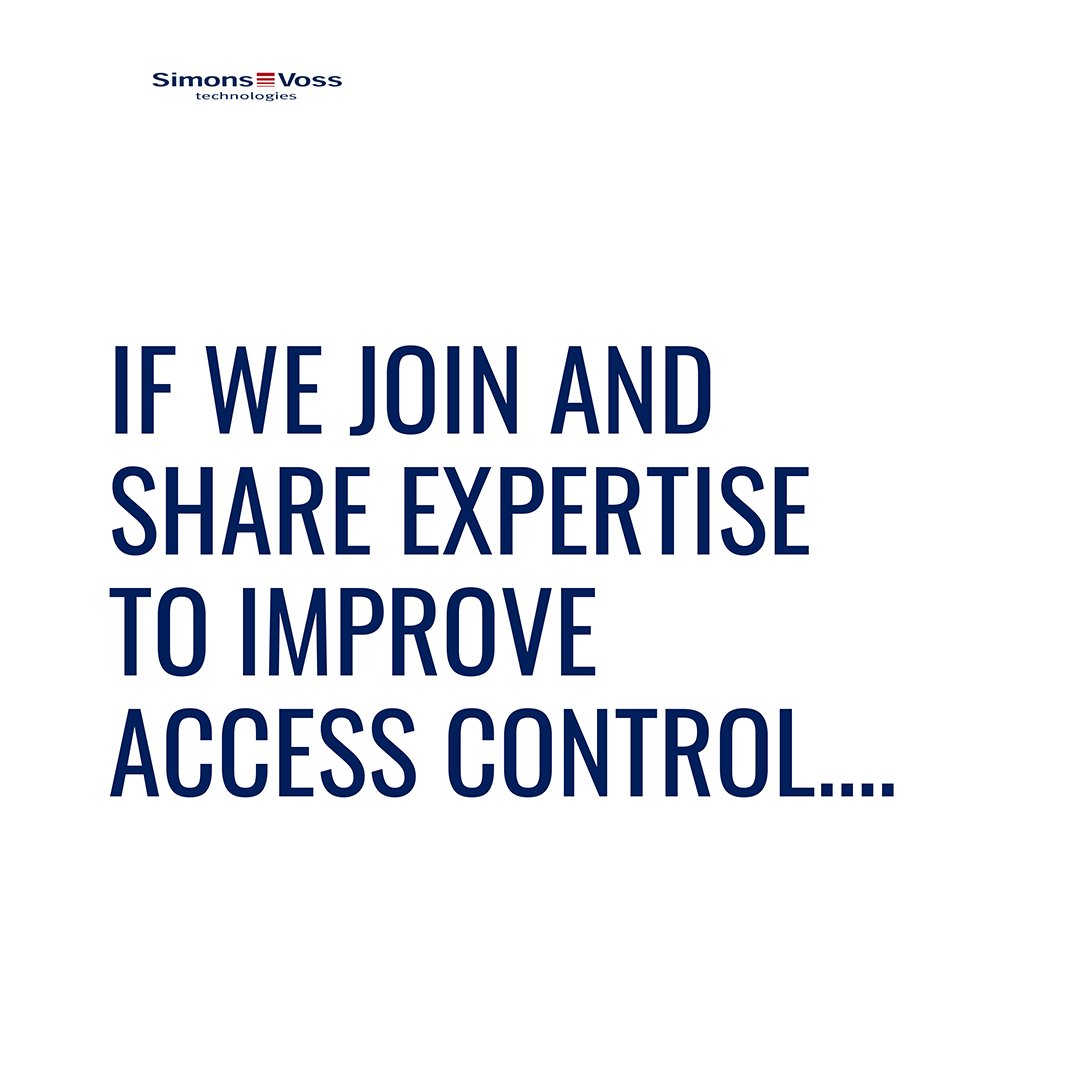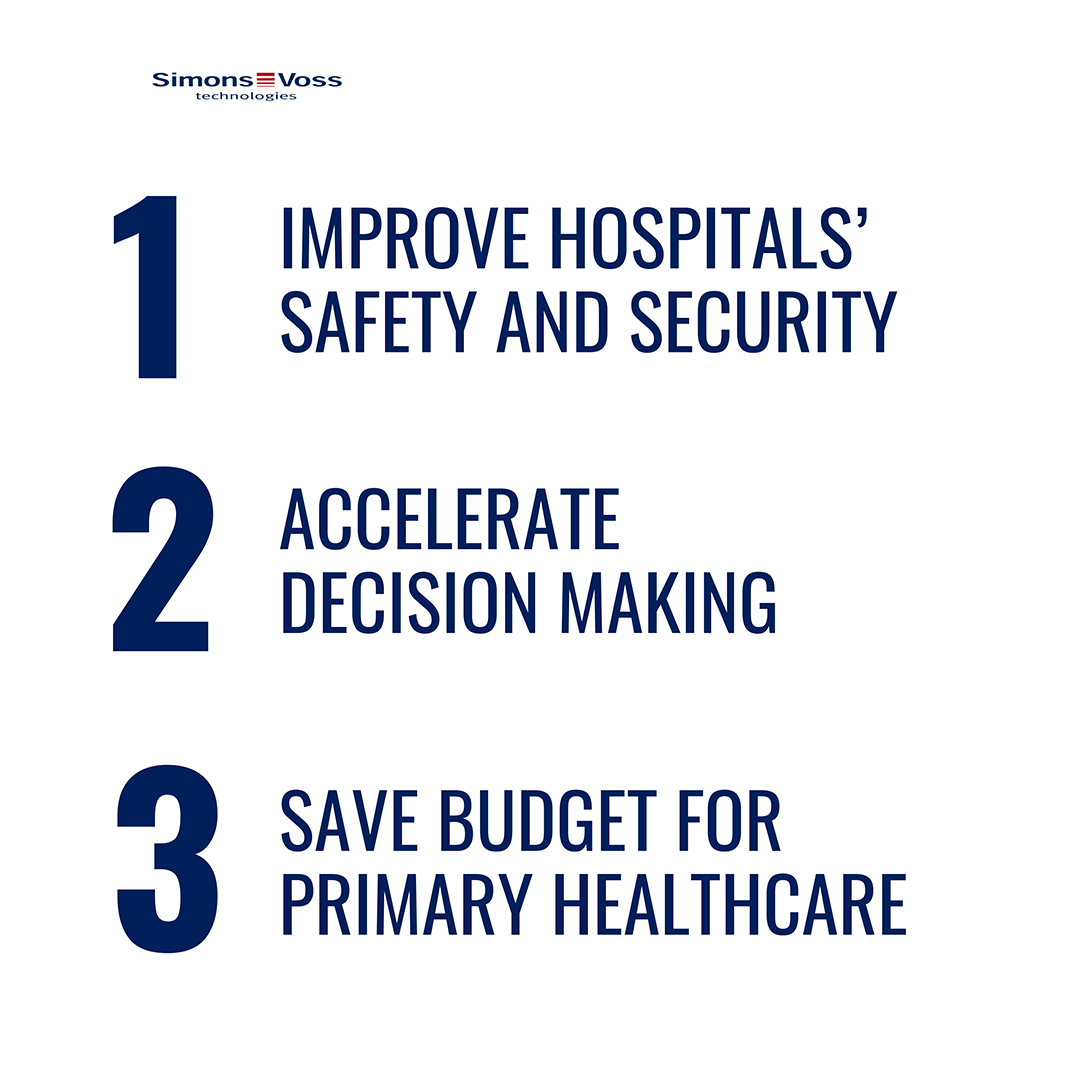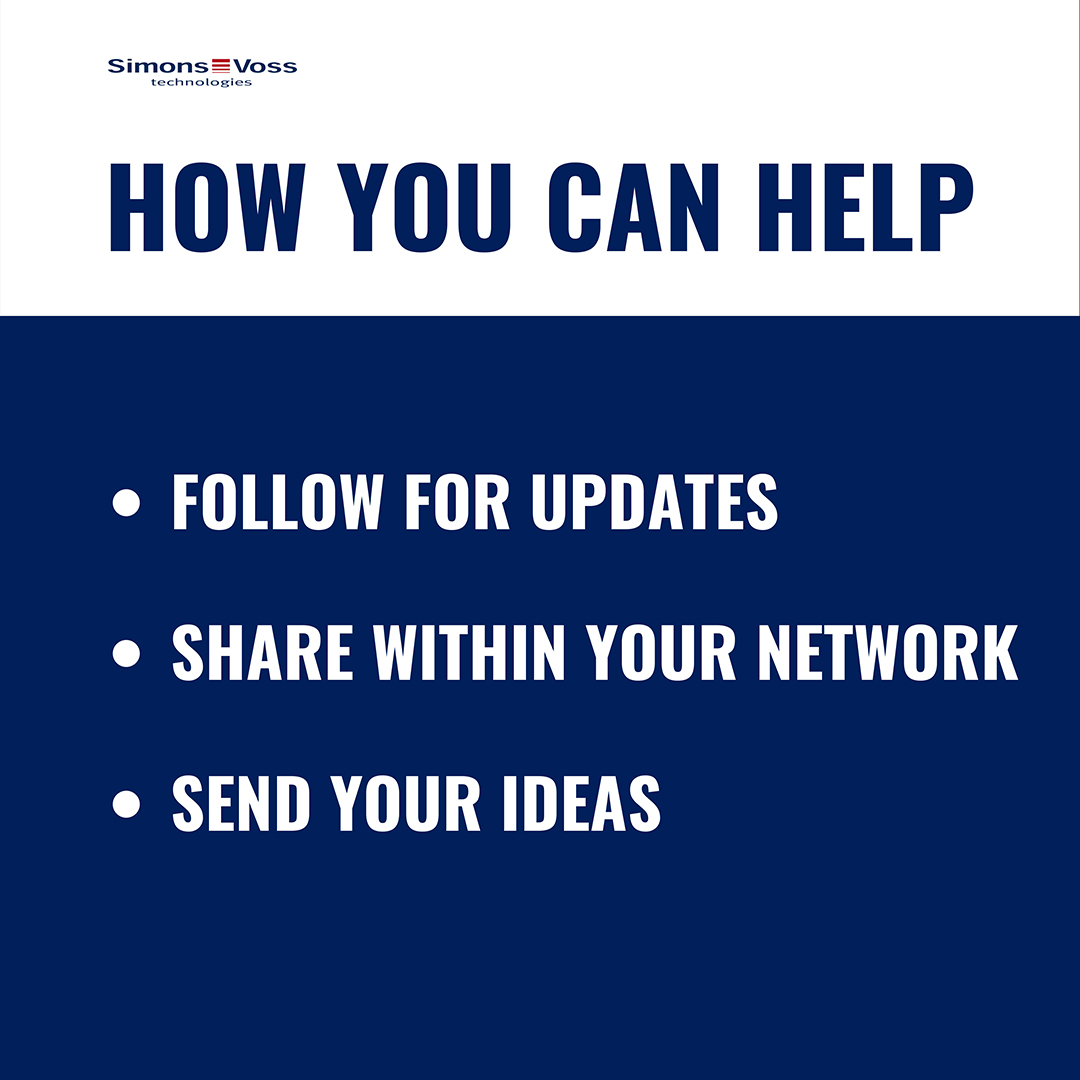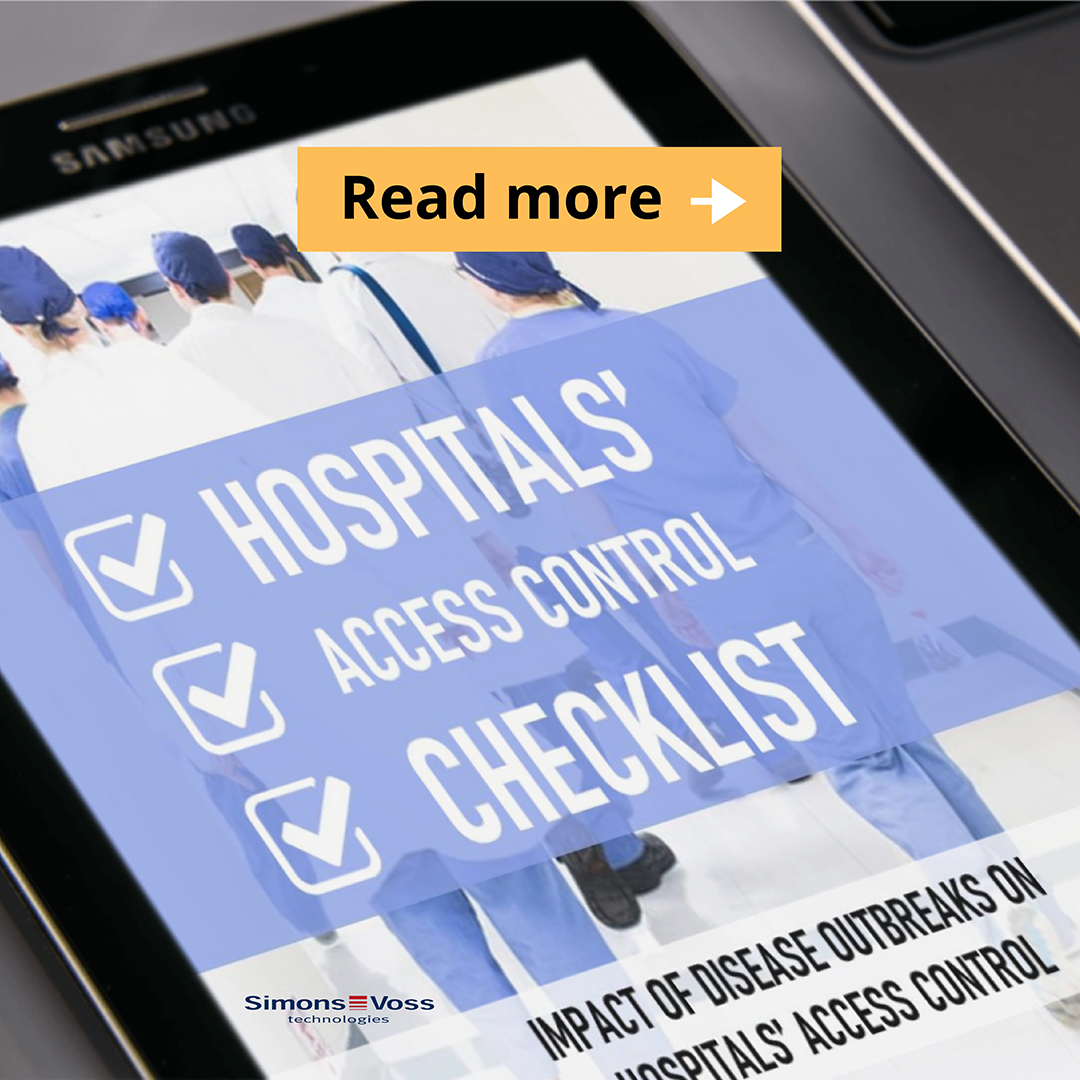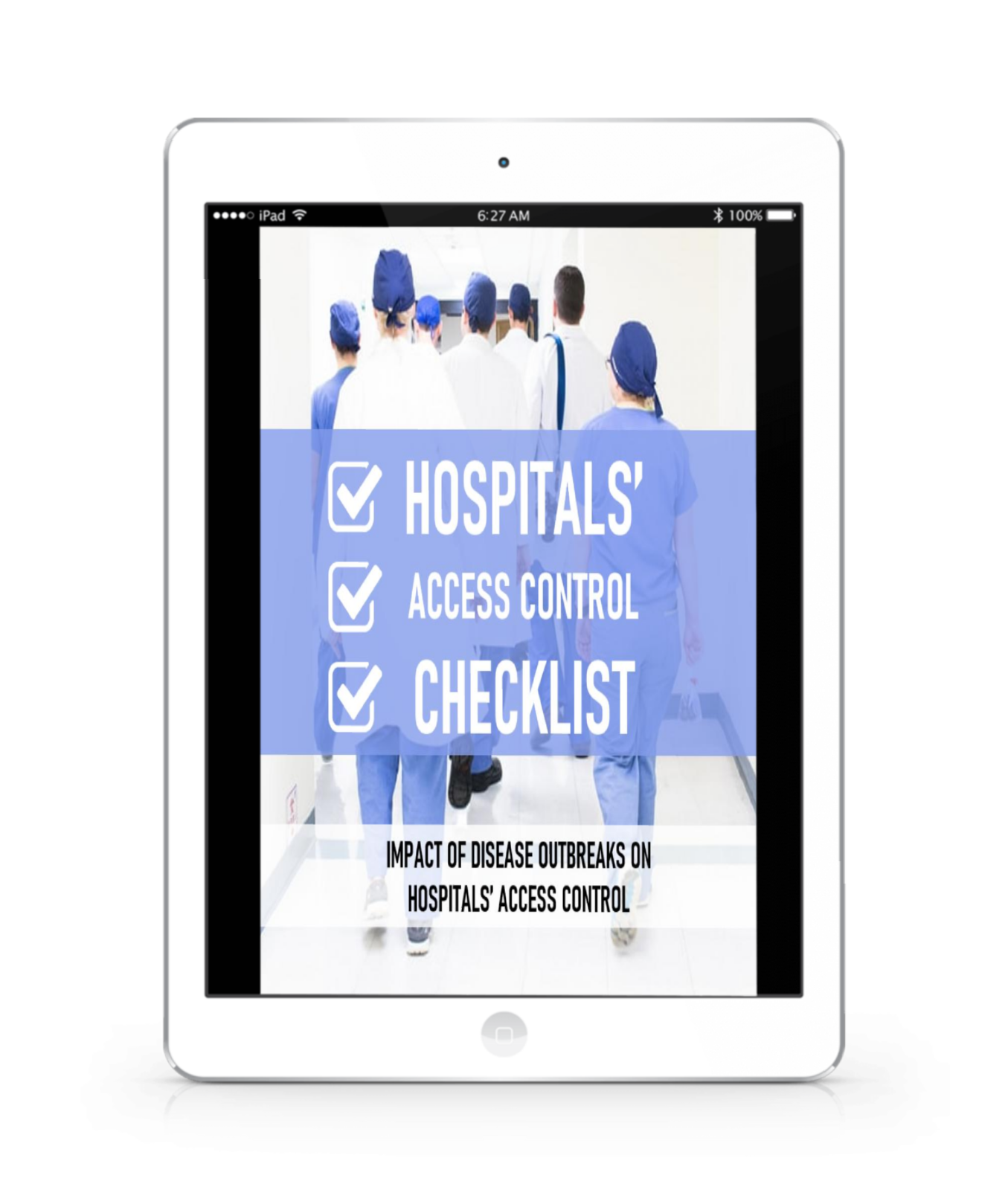How you can help making hospitals safer

By Hans Trappenburg.
These are stormy times. But you don’t need me to see what went on in the past weeks or prophesy what we’ll face in months to come. Enough of that is already in the news and across social media. Like you, I ask myself how we can help. Creating value and supporting others is more important than ever, and many already do so.
There are tough nuts to crack, in healthcare to start with.
And healthcare happens to be an important market for our industry: access technology vendors like us, resellers, installers, integrators, consultants, and many other businesses. Businesses that provide products and services to support the physical safety of hospitals’ staff, patients, visitors, facilities, equipment, medicines, and other important goods.
Today, both medical and supporting staff are doing the impossible to save lives and stay healthy themselves meanwhile. A part of that stunning effort is in ensuring safety for all: staff, patients, visitors, suppliers. This takes place under circumstances that most of us never experienced before.
How do disease outbreaks impact hospitals’ access control?
Hospitals are transforming like never before.
Think of it:
- Entire departments and buildings are transformed into new, secured areas. • Standard rooms and departments are turned into isolated IC units.
- Waste and laundry become contagious goods and must be secured.
- Goods like mouth caps and oxygen bottles suddenly become invaluable and disappear. • Temporary morgues demanding additional, secured locations.
- Resources are being re-allocated between departments, with alternative authorizations.
- Security staff is on-site to protect secured areas while hospitals aim at the opposite: avoiding the presence of people that are not involved in primary healthcare tasks.
- New routing, transportation of patients, and logistics are created on the fly.
- The risk of aggression towards medical staff increases with stricter rules and lack of IC capacity, leading to more stress among patients and their relatives.
ECDC describes multiple ECDC measures that hospitals should take. From a safety and security perspective, that’s a whole lot to consider and organize in the pandemonium of critical care.
Needs are changing on a daily or even hourly basis, and access control should be aligned accordingly.
How can we help hospitals?
The insights from the current crisis need to be used for updating contingency plans. That includes practical solutions for access control.
These practical solutions should improve the protection of healthcare staff, patients, visitors, medicines, medical equipment, personal protective equipment (PPE), etc., in any circumstance.
Can we, as an industry, combine our expertise to support hospitals in improving their access control during future crises?
I think we can.
We have the know-how, networks, experiences, and creativity to share. We can collect and leverage ideas for safe and secure access control in times of crisis.
It’s an incredible source of experiences and ideas that we can bring together.
That’s why we have initiated a concrete, crowdsourced checklist, free and available for anyone who sees the benefit.
Crowdsourcing ideas for secure hospitals
We listed our own first insights and ideas that we gathered from our experience and research, and now we invite you to add yours or improve ours.
You can simply use the fields below each section, send an email, a Whatsapp message, or call me to share your thoughts.
This Hospitals Access Control Checklist provides healthcare leadership with independent guidance for improving safety and security in hospitals, together with their teams, advisors, and solution providers.
What are the benefits of the Hospitals Access Control Checklist?
The benefits for all stakeholders are clear:
- Improve hospitals’ safety and security.
- Accelerate decision making.
- Save time and budget for primary healthcare tasks.
The first version of this checklist can be found here.
Please help us build this checklist by adding your ideas, commenting, and/or sharing it within your networks.
The list is non-exhaustive but will gain value along with your contributions and advice on how to increase the success of this initiative for the benefit all.
I look forward to bringing our ideas together.
